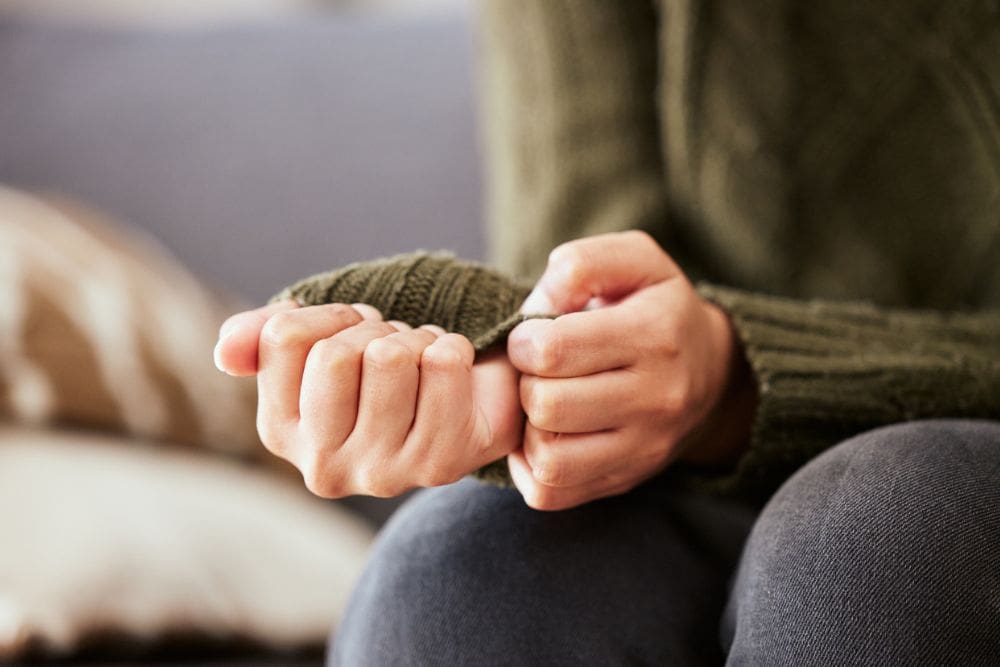When you think about social anxiety, what comes to mind? Maybe you imagine someone who’s awkward at parties or nervous about public speaking. But the truth is, social anxiety reaches far deeper than occasional shyness. It touches every interaction, every decision, every relationship—and it often hides in plain sight.
To truly understand the dimensions of social anxiety, it helps to see it through the lives of characters we already know and care about. These fictional stories offer a mirror to real emotional struggles—hidden fears, deep self-doubt, and a longing to feel safe being yourself.
Beth March: The Struggle to Be Included
Beth March from Little Women isn’t just shy—she’s deeply sensitive, attuned to the emotional tone of every room she enters. She dreads drawing attention to herself, not because she doesn’t care what others think, but because she cares so deeply. Every word feels like a test. Every social interaction feels like walking a tightrope between invisibility and embarrassment.
Beth often watches from the sidelines, offering kindness in quiet ways—a comforting tune on the piano, a handwritten note, or a gesture of support. These are her ways of connecting, because speaking up—taking up space—feels risky.
Even among her own sisters, Beth sometimes feels separate—like she’s observing life more than participating in it. That’s one of the most painful truths about social anxiety: it can create a barrier between you and the very people you love, making even safe spaces feel like stages where you’re afraid to miss a cue.
Chidi Anagonye: Paralyzed by Possibility
Chidi Anagonye from The Good Place doesn’t just fear saying the wrong thing—he fears every wrong thing. For Chidi, every social interaction is a moral dilemma, and every word is weighed for its potential consequences. This kind of overthinking is a textbook sign of social anxiety—analysis paralysis where the fear of messing up leads to inaction.
It’s not that Chidi doesn’t want to connect. He desperately wants to be kind, thoughtful, and liked. But the pressure to be perfectly correct, perfectly considerate, becomes overwhelming. So instead of risking the wrong move, he stalls. He spirals. He apologizes—for talking too much, for talking too little, or for simply existing in a shared space.
Social anxiety often looks exactly like this: mental exhaustion from trying to control how you’re perceived, fearing that one misstep will lead to rejection or shame. Chidi’s endless inner debates reflect the experience of those who struggle with even the smallest interactions—not because they don’t care, but because they care too much.
Will Hunting: Avoidance Isn’t Laziness—It’s Anxiety in Disguise
Will Hunting from Good Will Hunting is a genius. His mathematical brilliance surpasses even the top minds at MIT. But when it comes to facing emotional or social vulnerability, he’s frozen. He hides behind sharp wit, sarcasm, and defiance—not because he’s arrogant, but because he’s terrified.
This is what social anxiety often looks like: not laziness, not indifference, but fear wrapped in armor. Will cracks jokes to derail personal questions. He pushes people away before they can get too close. He sabotages opportunities—not because he doesn’t want them, but because the risk of failure or humiliation feels too dangerous to take.
Avoidance is a key symptom of social anxiety. It might look like skipping class, missing job interviews, or rejecting meaningful relationships. But it’s not a lack of desire—it’s a desperate attempt to avoid shame, embarrassment, or being “found out” as not good enough.
Rory Gilmore: When Perfection Masks Anxiety
At first glance, Rory Gilmore from Gilmore Girls seems like she has it all together—straight-A student, book lover, polite, and poised. But underneath her calm exterior is a mind that never stops racing. She constantly questions whether she’s doing enough, being enough, achieving enough. Every grade, every paper, and every social interaction is a test she feels she has to ace.
Rory’s fear isn’t loud or disruptive. It’s the quiet kind. The kind that keeps you up at night replaying conversations. The kind that makes you cancel plans because you’re afraid of saying something awkward. The kind that spirals when you’re not sure if someone is disappointed in you.
Her breakdown at Yale, where academic pressure and the weight of expectations finally become too much, is a turning point. It shows that even those who appear successful and composed can be secretly struggling with anxiety or a general sense of burnout.
Chandler Bing: Laughing Through the Pain
Chandler Bing from Friends is known as the funny one of the group. Always quick with a sarcastic remark or a self-deprecating joke, he’s the life of the party. But his humor isn’t just a personality trait; it’s a shield.
Chandler often makes jokes at his own expense before anyone else can. He fumbles through serious conversations with deflection, and he panics when situations call for vulnerability. Whether he’s awkwardly navigating a relationship or cracking a joke in a tense moment, you can feel the anxiety pulsing underneath.
Chandler’s constant need to be funny isn’t about entertaining—it’s about managing fear. Fear of silence. Fear of being misunderstood. Fear of not knowing what to say or how to say it “right.”
People with social anxiety often use humor as a way to stay safe in social situations. It keeps things light, prevents deep scrutiny, and lets them maintain some control. But it can also be exhausting.
You Are Not Alone—And You Are Not “Just Shy”
Social anxiety can wear many faces. Whether it looks like avoidance, overachievement, people-pleasing, or withdrawal, it’s more than discomfort. It’s a mental health condition that deserves attention and treatment.
Social anxiety responds well to a variety of evidence-based treatments. Cognitive behavioral therapy (CBT) helps you recognize and reframe anxious thoughts. Exposure therapy builds confidence by gently helping you face feared situations in a safe, supportive way. For some, medication can provide added relief, especially when combined with therapy. And peer support, mindfulness, and structured routines all play powerful roles in long-term healing.
You don’t have to manage this alone or pretend everything’s okay. At Raleigh Oaks Behavioral Health, we understand the many ways social anxiety can affect your life. We offer personalized treatment programs that meet you where you are—whether you’re just starting to open up or ready to take bigger steps forward. Reach out today for a free, confidential assessment or to learn more about the treatment options available at our facility in Garner, North Carolina.





